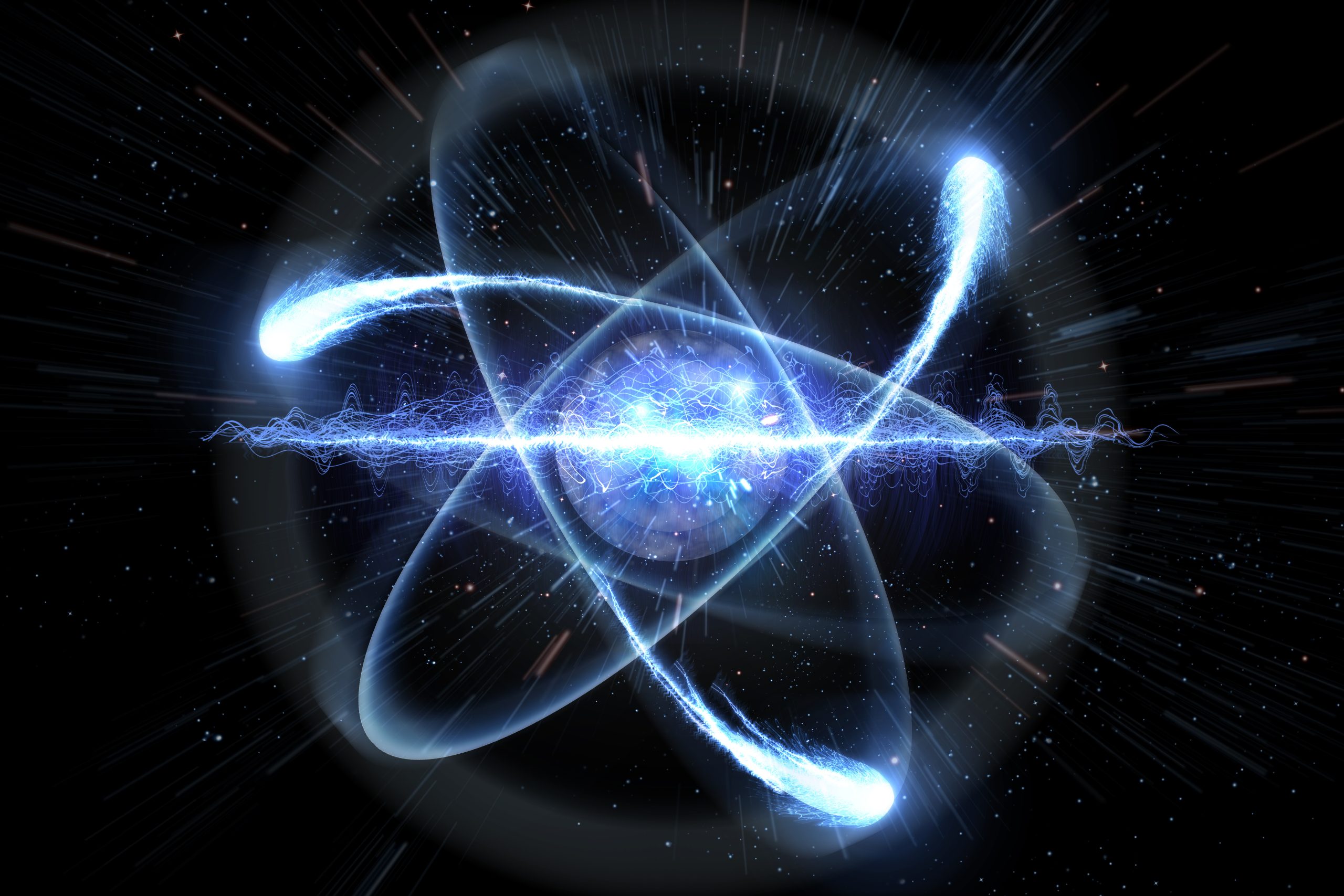Quantum what?

Breaking boundaries: the promise of quantum technology
In our everyday world, things follow predictable physics rules – a ball can only be in one place at a time, and it can’t affect another ball without touching it. But when we look at the tiniest pieces of matter – atoms and smaller particles – these rules no longer work. In this quantum world, particles can be in many places at once and can affect each other instantly even when far apart. Scientists are learning to use these special properties to build new types of technology. It’s not just about making our current technology better – quantum allows us to do things that were previously thought impossible.
-
12Research groups
-
4Labs
-
8Courses
Latest news about quantum
-
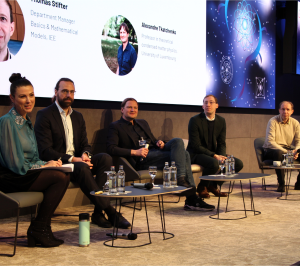
Ready or not? Luxembourg steps into the quantum, AI and data era
OutreachArtificial Intelligence, Computer Science & ICT, High Performance Computing (HPC)Learn more -
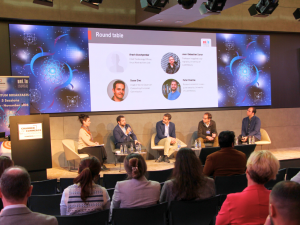
When quantum meets trust: Europe’s race for digital security
Outreach, ResearchComputer Science & ICT, Cybersecurity, High Performance Computing (HPC)Learn more -
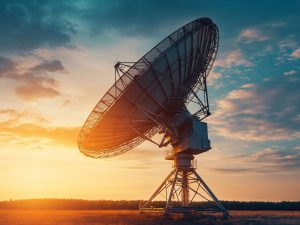
How quantum computing is transforming space research
ResearchComputer Science & ICT, SpaceLearn more -
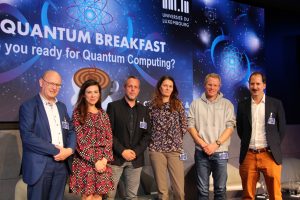
Is Luxembourg ready to harness the power of quantum computing?
Outreach, ResearchComputer Science & ICT, Physics & Materials ScienceLearn more -
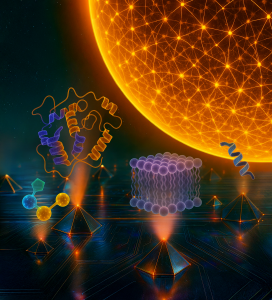
AI model unlocks simulations of large biomolecules with quantum accuracy
ResearchLife Sciences & Medicine, Physics & Materials ScienceLearn more -
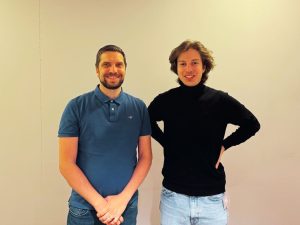
-

Think again: why the next tech revolution starts where science began
Outreach, ResearchComputer Science & ICTLearn more -
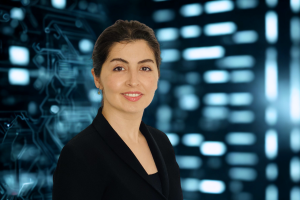
-
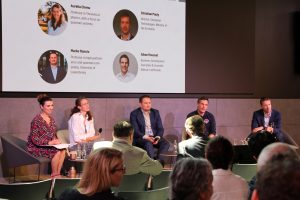
Quantum algorithms unlock tomorrow’s impossible problems
Outreach, ResearchComputer Science & ICTLearn more
Our key quantum projects
-
 Physics & Materials Science
Physics & Materials ScienceQuantum Open Mesoscopic Physics for Emergent Technologies (QOMPET)
Learn more -
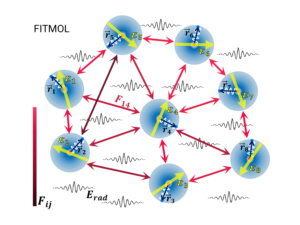
-
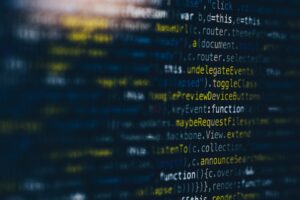
Questions about quantum?
Quantum refers to the discrete, minimum amount of any physical property in nature. It forms the foundation of quantum mechanics, which describes the behaviour of matter and energy at the molecular, atomic, and subatomic levels. At this scale, nature exhibits properties that are fundamentally different from the classical physics we experience in our everyday world.
A qubit (quantum bit) is the fundamental unit of quantum information. Unlike classical bits which exist in a definite state of either 0 or 1, qubits can exist in a superposition of both states simultaneously. This property gives quantum computers their potential to solve certain problems exponentially faster than classical computers.
Quantum entanglement occurs when particles become correlated in such a way that the quantum state of each particle cannot be described independently. When particles are entangled, measuring the state of one particle instantaneously determines the state of its entangled partner, regardless of the distance separating them. Einstein famously described this as “spooky action at a distance.”
Superposition describes a quantum system’s ability to exist in multiple states simultaneously until measured or observed. Unlike classical systems which exist in definite states, quantum systems can exist in a combination of different states at once. Upon measurement, the system “collapses” into one of these possible states according to probability distributions predicted by quantum mechanics.
Wave-particle duality is a principle that describes how matter and light exhibit properties of both waves and particles. For instance, light can diffract and create interference patterns like waves, yet also behave as discrete particles (photons) in interactions with matter. This dual nature is fundamental to quantum mechanics and demonstrates the unique behavior of quantum systems.
